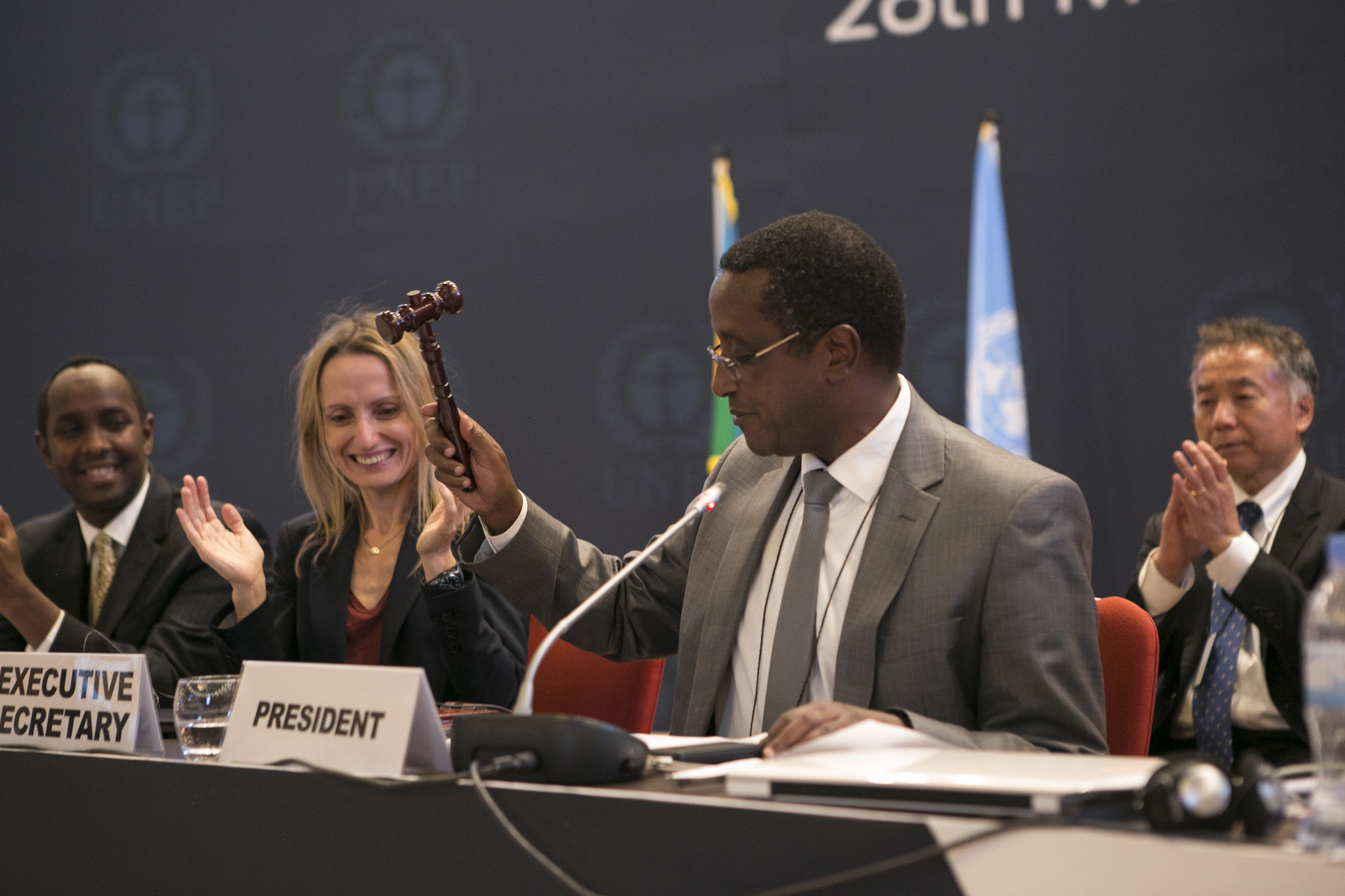
A huge climate agreement has just been struck in Rwanda, that will slash the world’s fastest growing greenhouse gas:
Hydrofluorocarbons.
Hyrdo-what-now, you say? While not exactly a household name, hydrofluorocarbons are certainly a household gas – commonly found in air conditioners and refrigerators.
Why are they such a big deal? Well, hydrofluorocarbons (HFCs) replaced chloroflurocarbons (CFCs) when the world resolved to phase out CFCs under the Montreal Protocol in 1987 – because they were creating a huge hole in the ozone layer (which is now officially shrinking – good one world!)
So CFCs were replaced with HFCs, and all was good in the world, right? Not quite. Scientists have since discovered that although HFCs pose zero threat to the ozone layer, they actually contribute to global warming.
And they’re a big player too: HFCs are actually the world’s fastest growing greenhouse gas, emitting as much CO2 each year as nearly 300 coal-fired power plants. Yikes!
So that’s why, at a climate conference in the Rwandan capital of Kigali on Saturday morning, almost 200 nations reached an agreement to phase out HFCs in an effort to limit greenhouse gas emissions and combat climate change:
The UN has labelled the agreement the world’s single largest contribution towards limiting global warming, with world leaders like US Secretary of State John Kerry hailing it a “monumental step forward.”
Chief Climate Councillor Professor Tim Flannery has also welcomed the HFC agreement:
“Since world leaders agreed to work together to tackle climate change in Paris, we have seen a number of major international agreements between countries as well as pledges to limit greenhouse gas emissions from industries not covered by the agreement,” Prof. Flannery said.
“This amendment is a major step forward in limiting global temperature rise to well below 2°C.”
Prof. Flannery said that while progress was being made all over the world, Australia was still yet to leave the starting blocks in reducing its own greenhouse gas emissions.
“With the next major meeting of the world leaders on the Paris agreement just weeks away, Australia is facing tough questions over its lack of action,” he said.
“Australia’s emissions are continuing to rise and despite widespread coral bleaching and devastating bushfires this year, there has been no change to our emissions reduction policies.
“Australia should take some inspiration from the progress being made all over the world or they will continue to earn the scorn of the global community for our failure to work with the rest of the world to tackle climate change.”
The Paris Agreement will be implemented by the United Nations on November 4, 2016.
Image credits:
Photo: Rwanda Ministry of Natural Resources via Flickr licensed under CC BY-ND 2.0
Video: The Guardian